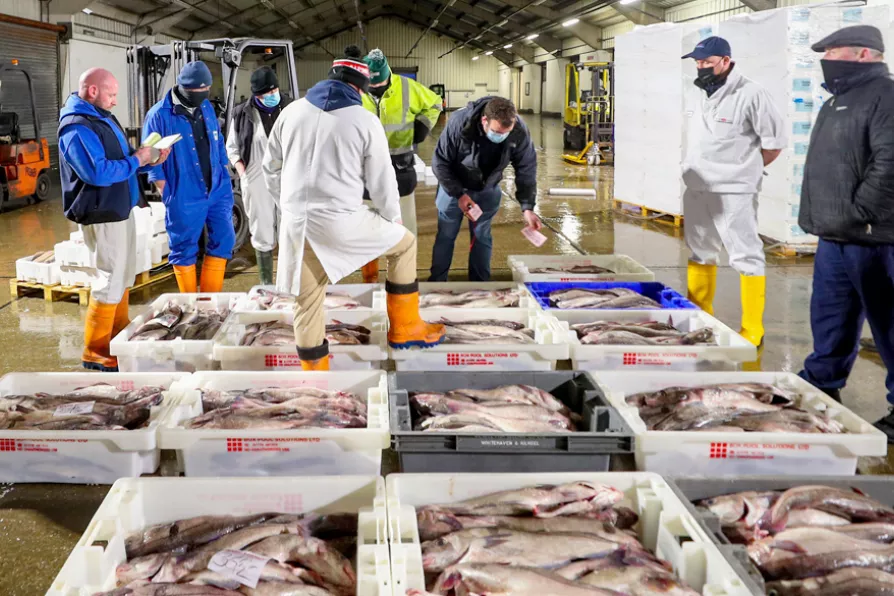TONY BURKE speaks to Gambian kora player SUNTOU SUSSO
Rebuild Britain’s Fishing Industry
Why a thriving fishing industry is so important to an island nation like Britain

 VITAL RESOURCE: A catch landed at Fleetwood
VITAL RESOURCE: A catch landed at Fleetwood
THE FACT that our coastal waters are full of fish that we have a right to catch, eat and trade is a no-brainer. But you wouldn’t have thought so while Britain was a member of the European Union or, subsequently, coping with the sell-out Tory EU exit deal.
The subtitle of Brian Denny's booklet — Develop Our Coastal Communities for a Sustainable Future in an Independent Britain — nicely sets out how an independent future is on the cards.
But a sustainable fishing industry depends on the momentum built after 2026, following which Britain has the right to exclude EU boats from its fishing waters, though no-one wants a return to the farcical cod wars with Iceland of the 1970s.
Similar stories

As climate change makes vast mineral deposits accessible, the island’s 56,000 residents face unprecedented pressure from Trump’s territorial ambitions while struggling to maintain their traditional way of life, writes JOHN GREEN

Rich natural resources built Aberdeen twice, but today it lies almost abandoned, as our city faces a third major transition — and the renewable energy future threatens same old exploitation, warns LARA FLANNERY












